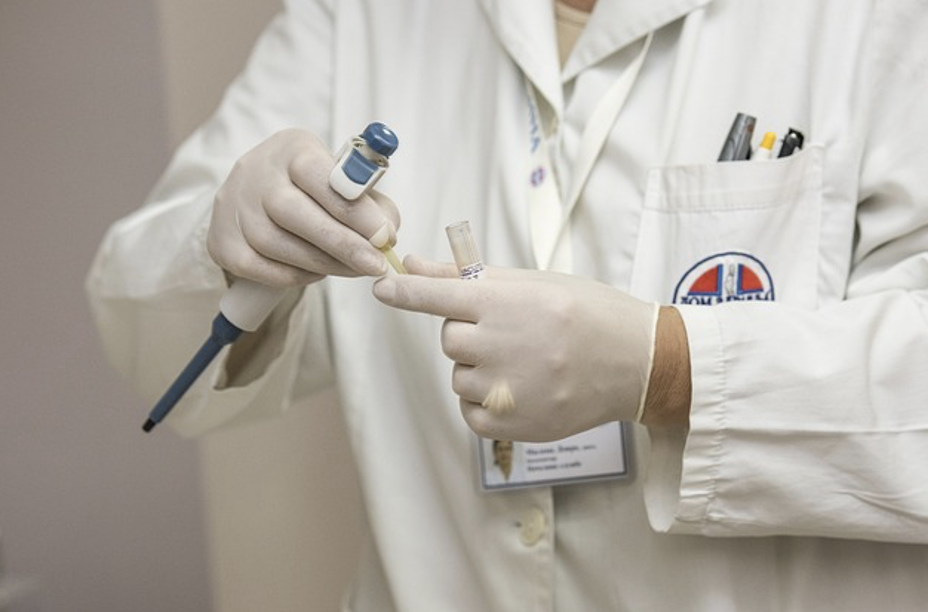An automobile accident is one of the most stressful incidents in our lives, even if no one is injured. Whether you’re a single car owner or have access to several, anything more than a minor fender-bender immediately brings potential repair bills to mind.
However, there are several things you need to do before the tow truck service arrives, especially if a drunk driver hits you or a pedestrian is involved. While hopefully you never need this information, keep reading to learn the top things you should do when involved in a car accident.
Stay Safe
If your vehicle isn’t damaged severely, move it to a safe location out of the flow of traffic. If it’s undrivable, turn on your emergency flashers and move to a safe location away from traffic. According to the Virginia Transportation Research Council, secondary accidents, or crashes that happen because of a primary incident, occur an average of 1 in 10 crashes, and that’s the last thing you need.
Stay Put
Most state laws require you to stay at the scene, especially if there are injuries, and leaving could result in serious hit-and-run charges. If it’s a minor incident, a simple exchange of insurance information is all you need. However, laws vary between states, so if you’re unsure of the laws in your area, call the non-emergency number and ask for directions.
Stay at the scene until law enforcement arrives and give your account of the incident to ensure there is a balanced accident report. You should also take photos of any damage to help ensure that the auto body shop management software addresses all issues, and of course, make sure you exchange information with everyone involved.
Call Law Enforcement
Again, depending on the laws in your state, you need to call the police immediately. Don’t assume that a witness or the other driver(s) will call. Do so yourself. This helps ensure that emergency services are dispatched and that you provide the dispatcher with your account of the accident. Once on scene, the officer will provide an unbiased third-party report.
If police aren’t available, such as when call volume is high during the holidays, or they’re not necessary, you need to exchange the following information:
- Name
- Address
- License plate number or VIN
- Name of the insurance company
- Policy number
- File crash report with law enforcement (depending on where you live)
Limit your conversation to this information. Do not discuss faults or possible injuries! Save that for the police, insurance companies, and doctors.
Gather Evidence

Take photos of the scene, vehicle damage, and any injuries you sustained. Download and save any dashcam footage. Ask eyewitnesses for statements regarding what they observed and their contact information. When available, obtain copies of the police report and medical records, and always document any conversations with their insurance company.
Seek Medical Care
In most cases, regardless of the severity of the crash, you should get medical attention as soon as possible. This doesn’t mean going by ambulance; just set an appointment with your primary doctor as soon as possible. Many injuries aren’t immediately visible and can take days to show up, and getting seen early can help get you properly diagnosed and provide a medical record of your complaints and actual injuries. This is especially important when it comes to getting proper compensation.
Conclusion
While we hope that you never need it, a car crash is hectic, and it can be hard to think about anything other than the damage or pain you are suffering. These five tips are important to know and follow after a car accident. And while it should go without saying, be sure to contact your insurance company and keep a detailed log of any expenses, such as repairs and medical bills. With this knowledge, you’re better prepared in the event of an accident.